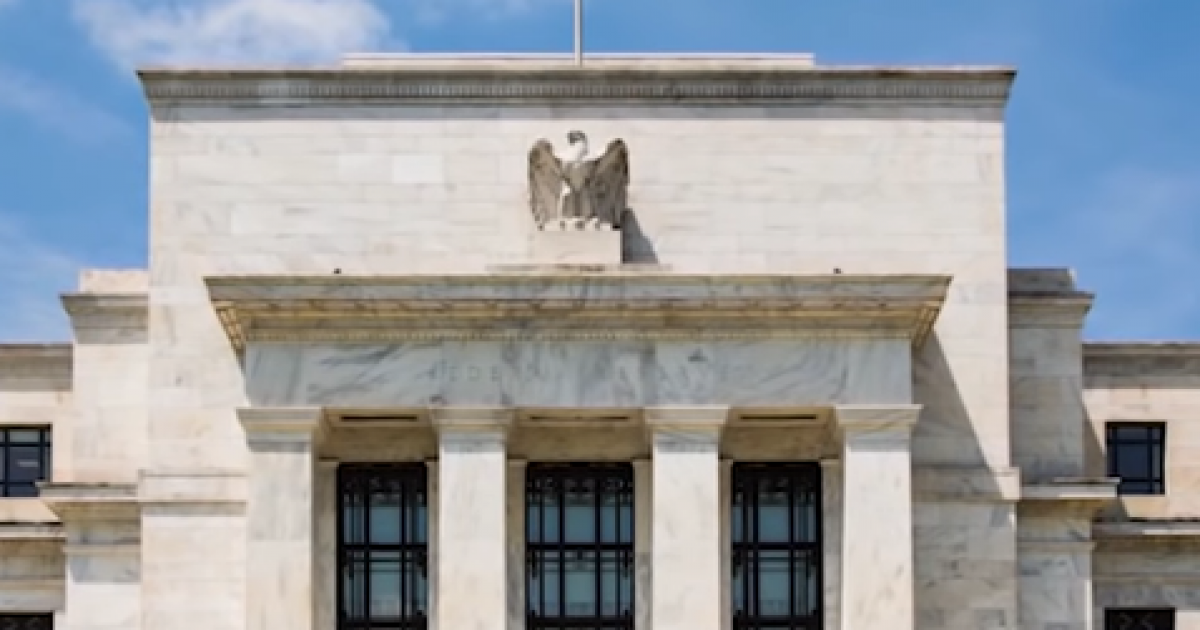
The Federal Reserve has been very active throughout the Wuhan virus pandemic by cutting interest rates to incredibly low rates, buying billions of dollar in corporate debt, and trying to stabilize markets after the American economy got rocked by the Wuhan virus.
However, the Fed’s actions are actually making economic inequality worse, according to the Washington Post. In a piece “Lucky enough to have a pension? The Fed’s low interest rates mean it may no longer guarantee a secure retirement”, Allan Sloan argues that the Fed is “providing the most help to Americans who are least in need of it and putting stress on the most important asset for the middle class: retirement benefits.”
The article paints a lurid picture of the degree of financialization taking place in the American economy. People obsess about high stock prices, but they’re only beneficial to those who hold large amounts of stock. It’s no secret that in the U.S. stock ownership tends to be highly concentrated.
Higher stock prices are great for people who own a lot of stocks, but stock ownership is heavily concentrated. The top 1 percent of wealthiest Americans own 52 percent of stocks, according to numbers from the Federal Reserve. Further, the top 10 percent of income earners own 88 percent.
Sloan highlighted that despite the Fed’s energetic action in trying to stave off an economic crisis, it will create further problems down the line:
Despite its good intentions, the Fed is setting the stage for huge problems down the road for pension funds and potential pension recipients. There are also going to be problems for insurance companies and other firms onto which many corporate employers have offloaded their pension obligations in order to clean up their balance sheets and minimize their future financial risks.
Sloan continued:
The firms that have assumed the responsibility for paying these pensions typically own bond-heavy portfolios. And with bond rates expected to rise in the future, that will decrease the market value of the bonds held by the firms that have assumed responsibility for paying pensions.
In essence, the Fed is making an attempt to save the economy in the present by injecting trillions of dollars into the U.S. and international financial systems, while putting the country’s prospects in the future at risk.
“We’re bailing out the present and making the future pay for it,” declared Gene Steuerle, a co-founder of the Tax Policy Center.
The Fed is notorious for its artificially low interest rate policy, which Federal Reserve Chairman Jerome Powell insists on keeping. This could potentially hurt the long-term future of the U.S. retirement system. The implications of Fed policy towards retirement benefits cannot be overstated, especially for a middle class that is strongly reliant on them.
According to Edward Wolff, an economist at New York University, figures from the Fed point to pension wealth accounting for 70.3 percent of the middle class’s net worth. He classifies the middle class as people in the 20th through 80th percentiles when it comes to wealth. In contrast, the upper class only relies on retirement benefits for 2.2 percent of its total wealth.
The very low interest rates exacerbate the financial problems that the current Social Security system — which already faces a ton of stress — by drastically lowering the amount of interest that Social Security can earn through its $2.9 trillion trust fund. Sloan explains that the trust fund is entirely made up of Treasury securities and is prohibited from owning stocks. In other words, the fund does not benefit from the 50 percent increase in stock prices ever since the market reached its bottom on March 23.
The artificially low rates also have an impact on private pensions. According to the estimates of David Zion of Zion Research, the pension funds of the S&P 500 companies were already underfunded by $279 billion at the conclusion of 2019. As of June, those pensions were underfunded by $407 billion.
With how the precarious the economic situation has become in America, there needs to be a serious discussion about monetary policy. It creates so many distortions in the economy that hurt the middle class, while propping up people with higher-yielding assets. This is a recipe for social unrest and divisiveness.
To understand more about why pension holders are at risk under an easy money policy, you can read more about the matter in Allan Sloan’s article here.



